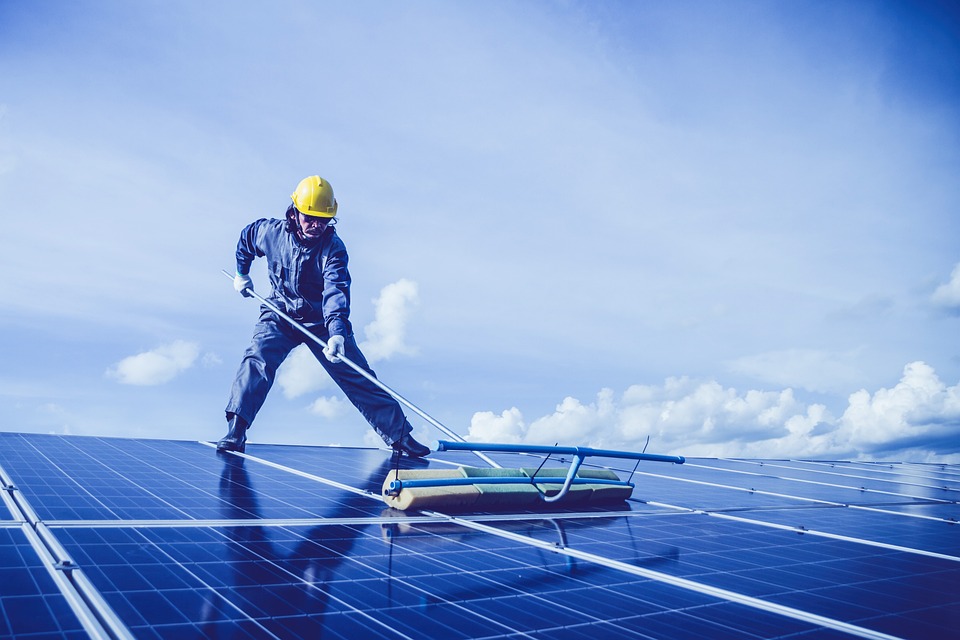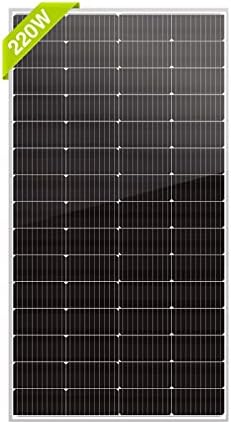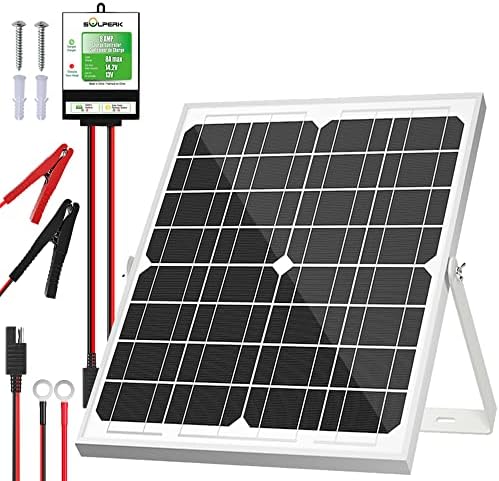The Growing Trend of Residential Solar Panels: A Guide for Homeowners
Living off the grid has been an incredibly rewarding experience for me. Over the years, I have learned to rely on sustainable energy sources such as solar power to provide electricity for my home. It has been an eye-opening journey, and I am thrilled to see that more and more homeowners are now considering solar panels as an alternative energy source. The growing trend of residential solar panels is something I am passionate about, and I am excited to share this guide for homeowners who are interested in making the switch to solar power.
Why Residential Solar Panels?
There are many reasons to consider installing solar panels on your home. Not only are you reducing your carbon footprint, but you are also saving money in the long run. Solar panels can significantly lower your electricity bill, and in some cases, you may even be able to sell excess energy back to your utility company. Additionally, solar panels require minimal maintenance and have a long lifespan, making them a worthwhile investment for any homeowner.
Choosing the Right Solar Panels
Before you make the switch to solar power, it’s important to do your research and choose the right solar panels for your home. There are several different types of solar panels to consider, including monocrystalline, polycrystalline, and thin-film panels. Each type has its own set of advantages and disadvantages, so it’s essential to weigh your options carefully.
Pro Tips: When choosing solar panels for your home, consider factors such as efficiency, warranty, and aesthetics. It’s also a good idea to consult with a professional solar panel installer to ensure you are making an informed decision.
Installation Process
Once you have chosen the right solar panels for your home, it’s time to start the installation process. Solar panel installation typically involves mounting the panels on your roof or in your yard, connecting them to an inverter, and then wiring them to your electrical system. While it is possible to install solar panels yourself, it is recommended to hire a professional installer to ensure the job is done safely and correctly.
Pro Tips: When hiring a solar panel installer, be sure to ask for references and check their credentials. It’s also a good idea to get multiple quotes to ensure you are getting the best deal.
Maintenance and Upkeep
One of the great things about solar panels is that they require minimal maintenance. However, it’s essential to clean your panels regularly to ensure they are working at maximum efficiency. Additionally, it’s a good idea to inspect your panels for any signs of damage or wear and tear. If you do notice any issues, be sure to contact a professional to address the problem promptly.
Pro Tips: Consider investing in a solar monitoring system to keep track of your panel’s performance and energy production. This can help you identify any issues early on and ensure your panels are working optimally.
Financial Incentives
In addition to the long-term savings on your electricity bill, there are also several financial incentives available to homeowners who install solar panels. These incentives can include tax credits, rebates, and other financial incentives offered by local or state governments. Be sure to do your research and take advantage of these incentives to make the switch to solar power even more affordable.
Pro Tips: Before you install solar panels, check with your local government to see if there are any financial incentives available in your area. You may be surprised at the amount of money you can save on your solar panel installation.
The growing trend of residential solar panels is a positive step towards creating a more sustainable future. By making the switch to solar power, homeowners can reduce their reliance on non-renewable energy sources and take control of their electricity consumption. Whether you are environmentally conscious, looking to save money, or simply want to reduce your carbon footprint, solar panels are an excellent option for any homeowner.
I hope this guide has been helpful for homeowners considering making the switch to solar power. The benefits of residential solar panels are undeniable, and I am excited to see more and more people embracing this sustainable energy source. If you have any questions or need more information on solar panel installation, don’t hesitate to reach out to a professional installer in your area. Making the switch to solar power may seem daunting at first, but the long-term benefits are certainly worth it.



